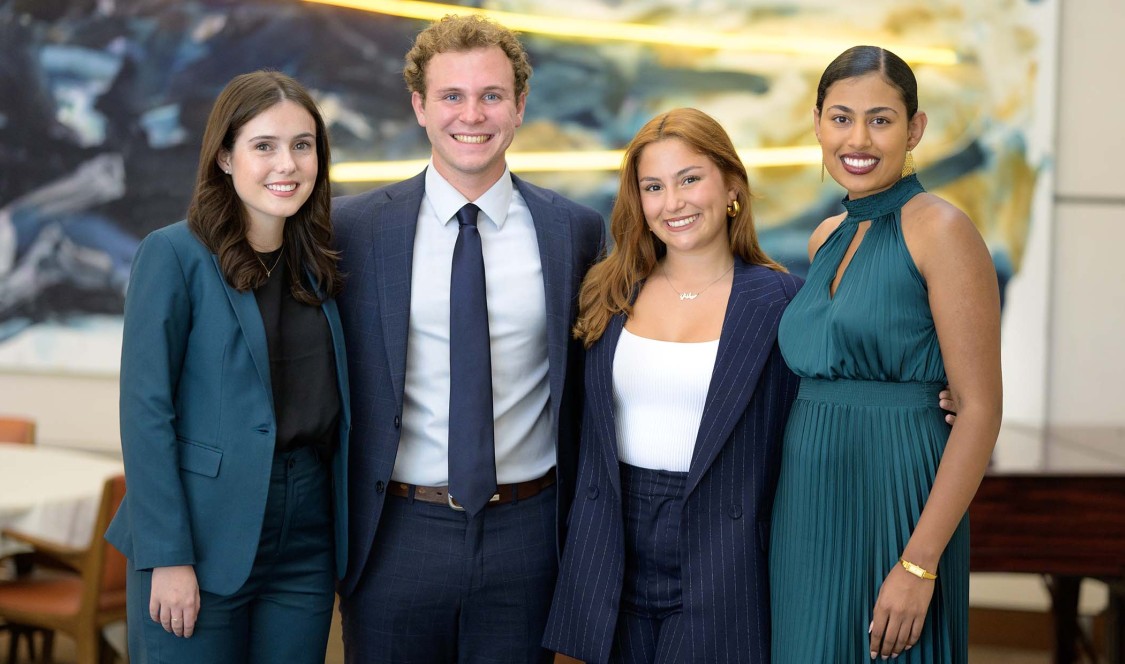Editor's note: Olivia Licata '25, an International Relations and Public Policy dual major from Connecticut, joined as an additional Ath Fellow during the 2024-25 academic year. Read more about her Ath experiences and post-graduate plans here.
Claremont McKenna College’s spirit of constructive dialogue and responsible leadership will have a robust presence this fall at the Marian Miner Cook Athenaeum. Hosted this academic year by four Woolley Ath Fellows—highly sought-after roles for CMC students—the Athenaeum kicks off its annual lineup of renowned speakers on Sept. 9 with Mike Madrid, co-founder of The Lincoln Project, and author of The Latino Century: How America's Largest Minority is Transforming Democracy.
This year’s Ath Fellows include: Melanie Kallah ’25, an International Relations major from Westminster, Calif.; Enya Kamadolli ’26, a Philosophy, Politics, and Economics (PPE) major, originally from the Boston, Mass. area (she also lived in India); Katherine Schwab ’26, a dual major in Philosophy, Politics, and Economics (PPE) and Economics with a Sequence in Data Science from Boulder, Colo.; and Jacob Smagula ’26, from Boston, Mass., who is majoring in Government with a Legal Studies Sequence.
The Fellows shared their thoughts and visions for the Athenaeum this academic year (not to mention their favorite Ath treats!).
Why were you interested in becoming an Ath Fellow?
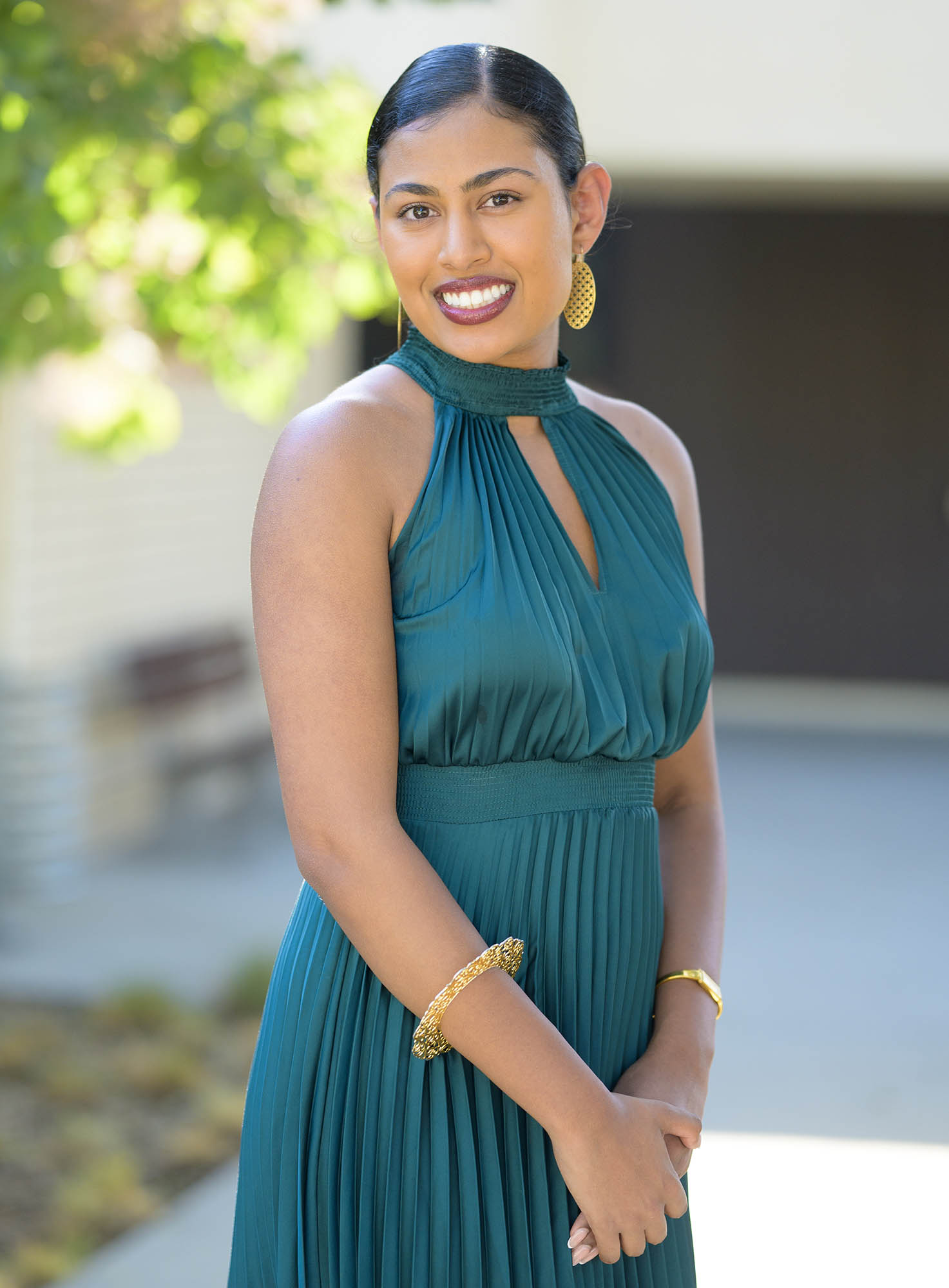
Kamadolli: The Athenaeum was actually one of the central reasons I chose to attend CMC. Even as an incoming freshman, I knew I eventually wanted to be an Ath Fellow because of how much the Ath’s mission resonated with me. The Ath has been integral in facilitating my own intellectual openness—not only to new perspectives but to entirely new topics—and I wanted to give back and help drive intellectual pluralism even further at CMC.
Schwab: I am deeply inspired by the opportunity to exchange ideas and learn from others within a communal setting. The value of engaging in thoughtful dialogue and sharing diverse perspectives is immeasurable, and it fuels my passion for continuous growth.
Smagula: The Ath is my second home—it was my first job on campus as a server. I later became a maître d', and now I’m an Ath Fellow. I’m excited to design events and bring speakers who will continue to inspire intellectual curiosity on campus.
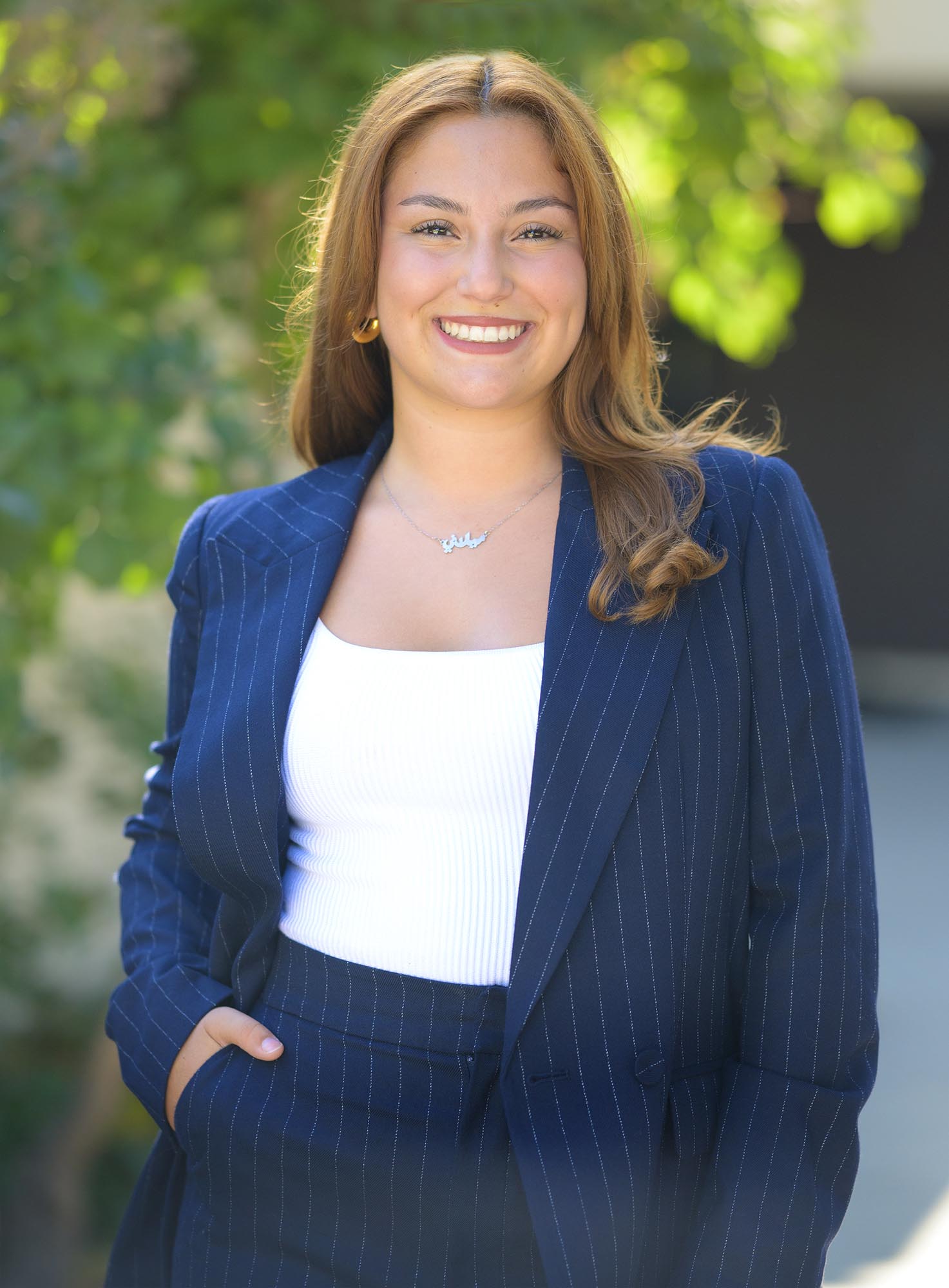
Kallah: I knew that being a fellow would allow me to build community through spirited debates over dinner and bring students of different backgrounds together. In conversing with my peers, I hope to foster the very environment and dialogue at the Ath that has been formative in my development as a lifelong learner.
How do you approach assembling a diverse roster of speakers?
Kallah: With excitement! I regularly attend the Athenaeum because I enjoy its diverse roster of speakers and topics. To me, “diverse” means assembling a roster of speakers from different backgrounds and with different passions. That way, students have a chance to challenge their perspectives and learn something completely new.
Smagula: CMC’s commitment to viewpoint diversity and freedom of expression forms the intellectual bedrock of the Athenaeum. I believe that bringing speakers who will challenge our student body in their understanding and beliefs is paramount to preserving the diversity of thought we celebrate at CMC.
Kamadolli: Speakers contribute to roster diversity in two capacities: who they are—their background and what topic they’re speaking about. It’s obviously important to ensure that the Ath schedule covers speeches on a variety of topics, catering to the diverse interests of our student body. However, I think it’s also equally important to ensure that we emphasize bringing in different people to talk on similar topics.
How does the Ath contribute to constructive dialogue and responsible leadership across campus—and how have you experienced those values directly as a student?
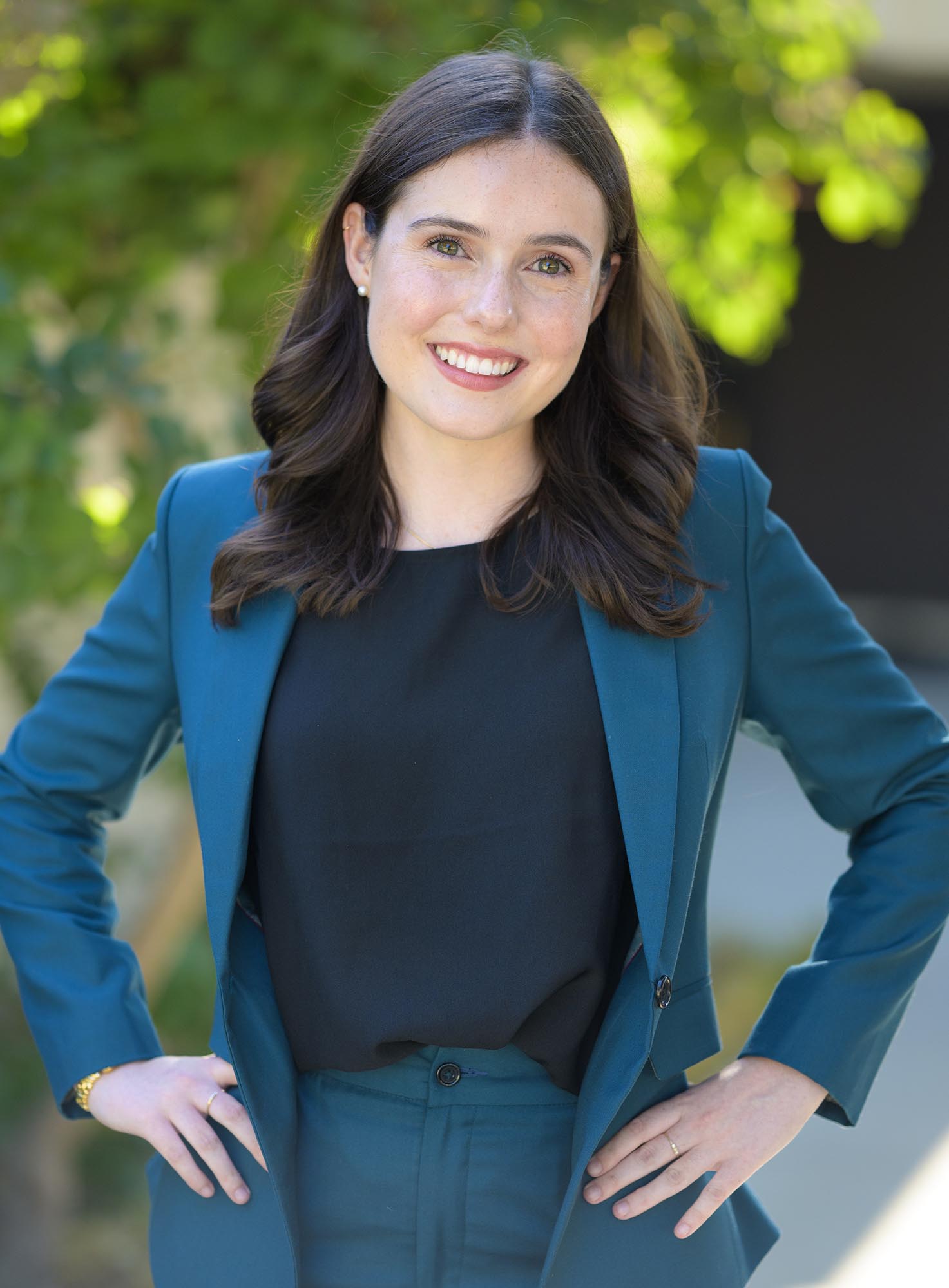
Schwab: Vibrant academic cohorts and responsible leadership require intentional cultivation through sharing experiences, forging connections, identifying synergies, and building trust. The Ath is the crown jewel of CMC’s offerings, providing an exceptional space for students to learn and grow in community. Here, students engage with new ideas, challenge assumptions, and find inspiration to develop.
Kallah: I have found that the Athenaeum provides the opportunity to have deeply personal and fruitful conversations with people I may have never overlapped with otherwise. This is because the Ath brings different people together over their shared love of learning. The Ath became the perfect way for me to hold open, constructive dialogue and enjoy the learning that arises from disagreement. I firmly believe that this dialogue has taught me to be a more compassionate leader, and consequently a more responsible one.
Kamadolli: Constructive dialogue certainly occurs in class settings, especially in more intimate seminars taught by certain faculty. But it’s really hard to create the space for free-flowing, relatively uninhibited conversations in classroom settings. In that way, the Ath promotes a different type of constructive dialogue, one that is almost never found in class settings. There is a poetic beauty to the Ath—it is a place where one can sit down with a group.
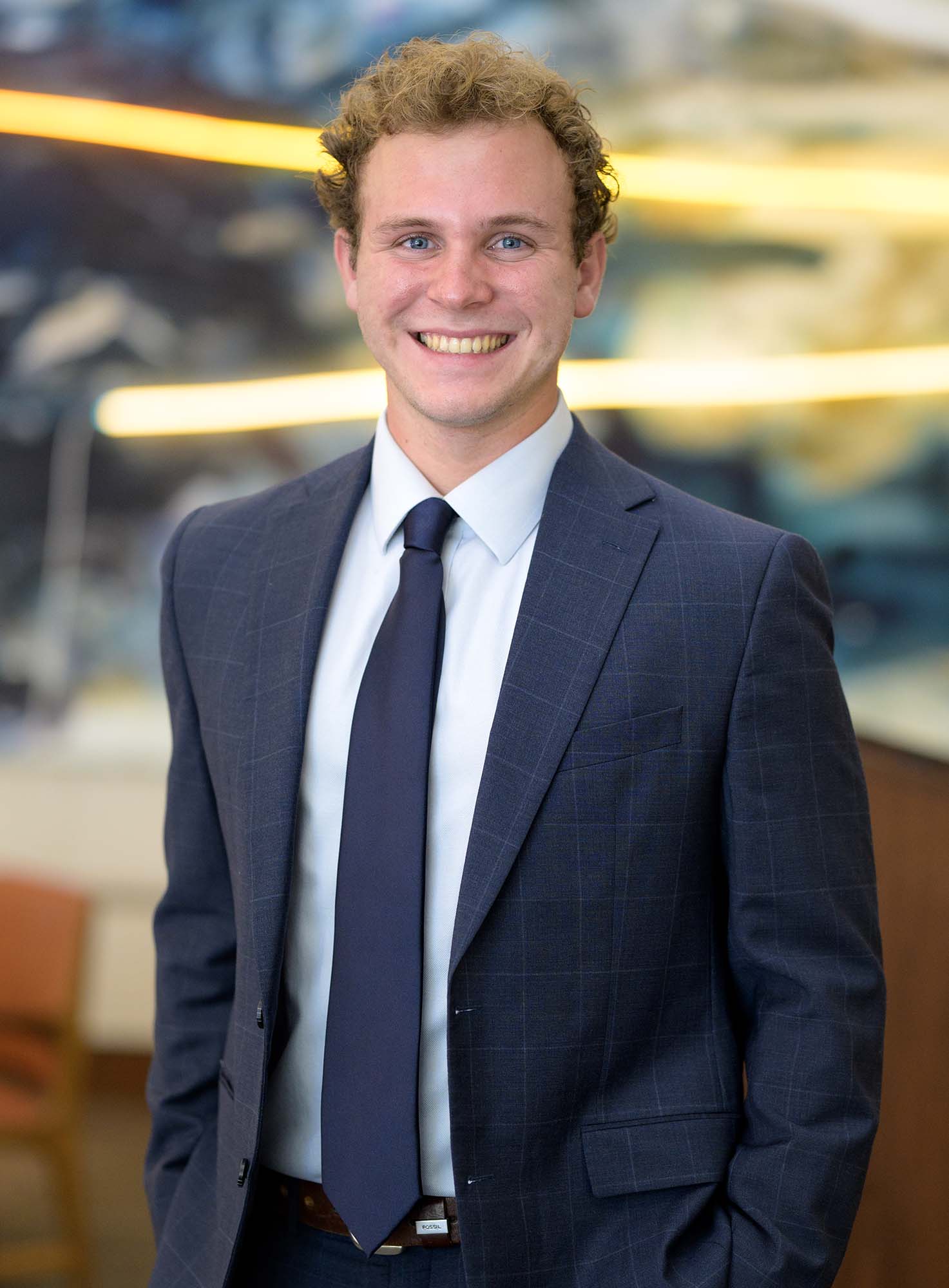
Smagula: The Ath is a unique space in that it not only brings together students and faculty from every department and interest represented on campus, but it encourages and challenges guests to discuss and debate the ideas or topics presented. This generates organic and authentic dialogue that is difficult to recreate on a consistent nightly basis—yet the Ath manages to do just that! The Ath has helped me expand and explore my interests every semester and has allowed me to connect on a personal level with people from all walks of life and experiences.
What is your favorite Ath Tea treat?
Smagula: You can’t go wrong with the homemade Rice Krispies Treats.
Kamadolli: I think I attend almost every day—candidly, that’s mostly because Ath tea falls at the exact time of the day that I usually crave a small snack. I usually go for a chocolate-covered strawberry and one of the homemade Rice Krispies Treats.
Schwab: My favorite Ath treat has to be the lemon bars!
Kallah: I snag any opportunity to grab a Rice Krispies Treat and have eaten more than I can count. However, the unexpected treat that I enjoy the most are the conversations I get to have in the courtyard with students and professors alike. (Plus, it always provided a good respite from long seminars.)

